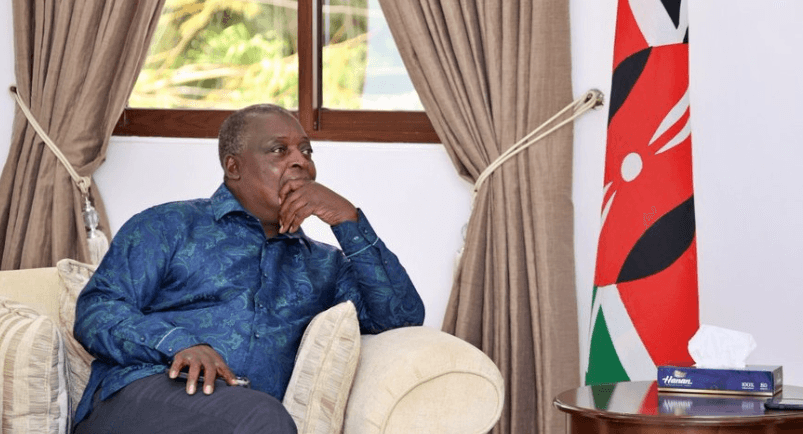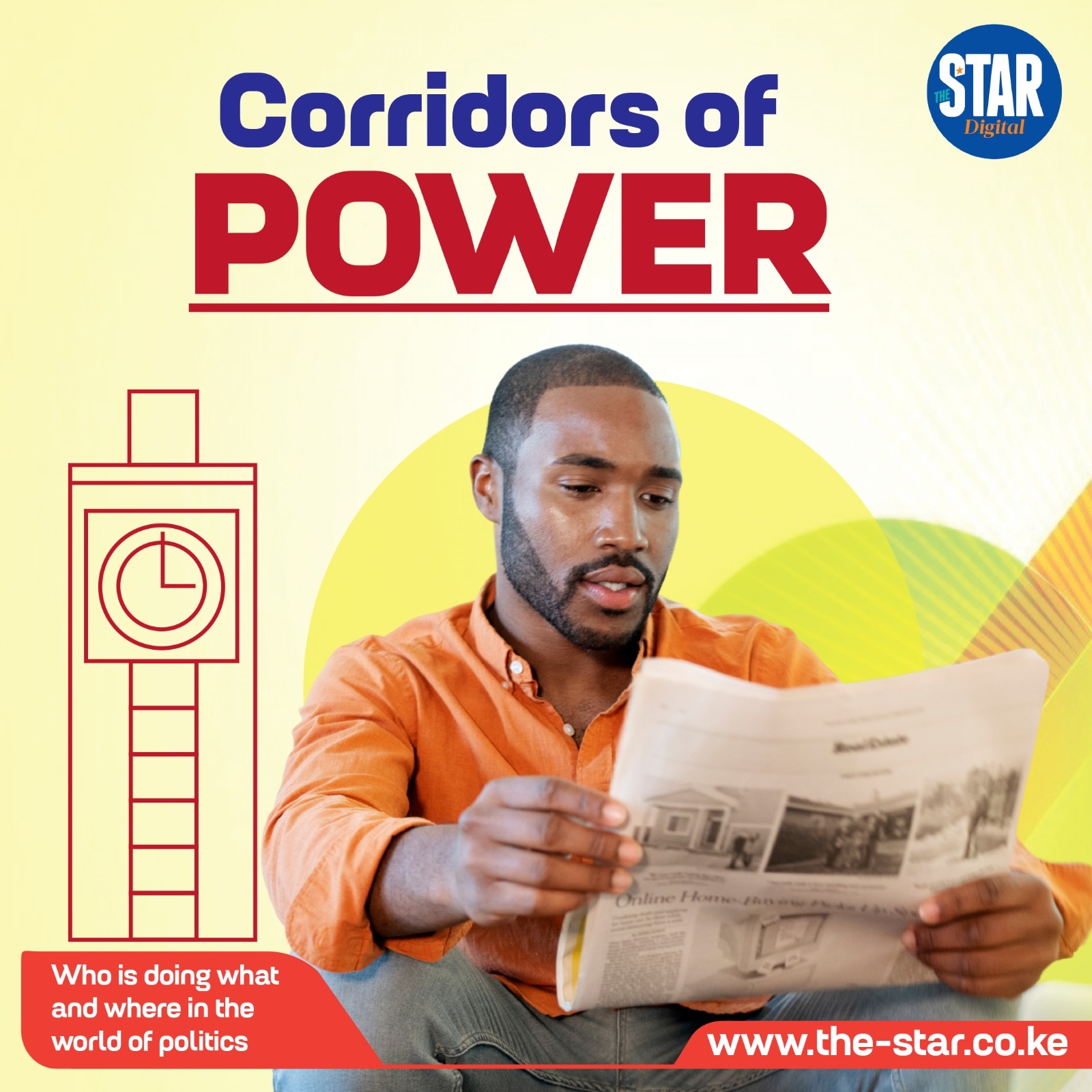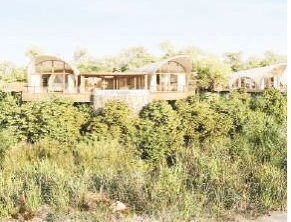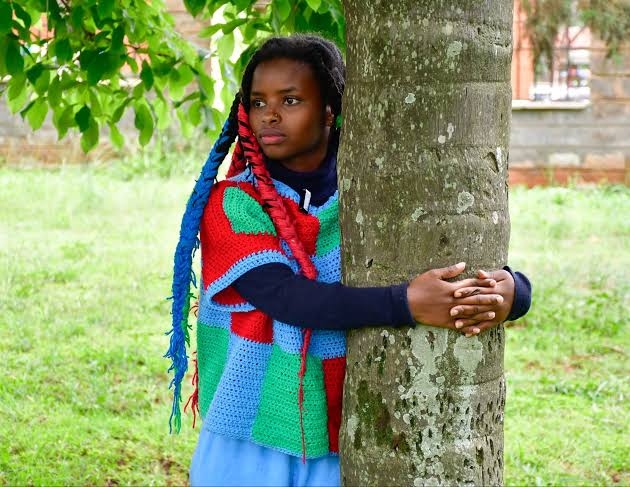Meru Mau Mau fighters have remained the most vulnerable members of the community, some without land, some with deteriorating health, and others without children after being castrated.
M’Muthuri M’tuinanga thinks the first Kenyan President betrayed the Mau Mau fighters after promising to look after them when he rises to power.
“He turned against the spirit of liberation," M’tuinanga, who could not recall his factual birth date, told the Star at his Muthara home.
"He was the weakest leader because even after we fought for his release, he never bothered to incorporate the fighters but collaborated with the whites, who committed the worst atrocities a few months to attaining independence.
"I think Jomo Kenyatta was a coward but we had fearless men like Field Mashal Dedan Kimathi and Musa Mwariama. Why have we or our children not benefitted?”
He said many were castrated as the British soldiers sought intelligence information from the Mau Mau fighters.
“Women were raped, children of those perceived criminals were brutally murdered,” he said.
M’tuinanga’s late brother M’Inoti had survived a gunshot, but he could not sire children as they castrated him after he teased a British officer that he knew everything from the oath to hideouts of fighters.
The Mau Mau rebellion that led to a State of Emergency being declared was heavily dominated by the Kikuyu people as well as the Meru and the Embu.
The capture of rebel leader Field Marshal Dedan Kimathi on October 21, 1956, signalled the defeat of the Mau Mau.
The rebellion, however, survived until after Kenya's independence from Britain, driven mainly by the Meru units, led by Field Marshal Musa Mwariama and Gen Baimungi.
Baimuingi, one of the last Mau Mau generals, was killed shortly after Kenya attained self-rule.
The Mau Mau movement was banned in 1950 after rebellion grew against the colonial government owning big chunks of farms and committing killings.
Gaciri Ciamugwongo, in her late 80s, recalled how she used to entice the British officers during the day to get secrets on how the fighters could penetrate into their camps for a mission either to kill or steal guns.
Ciamugwongo not only used to spy but also supply food to the Mau Mau fighters secretly.
She said most women, including herself, did not take the oath but were loyal to the fighters.
“Beatings were a norm in the British detention camp. I remember saving M’Mutiga, a fighter, by untying him. He was chained beside a tree when one of the officers who was eloping with me left for a long call,” she said.
“Despite him being my lover, he engineered his colleagues later to beat me and insert a bottle into my private parts. I can’t remember the actual place where all this happened because the forest covered most of our land.”
She appealed to the national and county government to provide free education to their suffering grandchildren and employment as well.
In June 2013, Britain announced it will pay roughly $31 million as compensation to about 5,228 Mau Mau victims after some successfully petitioned the British government.
The remaining fighters questioned why they were not listed as some of the beneficiaries of the British funds.
Kabira M’Gichungi lamented over empty promises coming forth from leaders both at the county and national governments.
“Why were former President Uhuru Kenyatta’s words not honoured?” he bitterly said.
“Governor Kiraitu Murungi had said he will recognise us in monetary terms and naming of some Meru town streets after Field Mashal Musa Mwariama and other fighters, but still to date, nothing forthcoming.”
A visit to Mau Mau fighter brigadier Joseph Mwenda, 87, in search of what the government had done to the family after highlighting his predicament earlier found him still in despair.
He said he was tired of holding on to the radio and watching TV in anticipation of good news for the fighters coming his way.
“We are seeing a reverse of what we fought for, a country run in total disregard of the law, selfish leaders and corruption,” he said.
Mwenda, the brigadier to the late Field Marshal Musa Mwariama, fought for freedom alongside Mwariama, who hailed from Lubuathirua in Muthara location, Tigania East constituency.
He had earlier spoken to the Star at his home in Kithithina, besides the cold ranges of Mt Kenya Forest. Mwenda said he has never benefitted from any government kitty or promised property, despite his sacrifice for the nation.
He urged the county and national governments to freely enrol the fighters on the National Health Insurance Fund.
“I was admitted in ICU in Embu after a stroke paralysed me. I thought I could never regain my memory. My family catered for the hospital bills. Is this the Independence I fought for?” he asked.
Mwariama’s son Joel Mwariama had also pleaded for their families to be considered in terms of stipends and land.
He said his father was a committed warrior who never looked back until the nation was free from colonialists, but the freedom fighters suffer poverty, poor roads and lack of jobs for their children.
“They wasted their productive time in forests. President Uhuru Kenyatta announced at Timau he will recognise fighters' families. If Raila (Odinga, former Prime minister) can receive millions from the government, why can’t our families benefit?” Joel said.
“My father died a poor man. We witness hatred, tribalism and rampant corruption that has robbed the nation of the fighters' core mandate and commitment.”
















